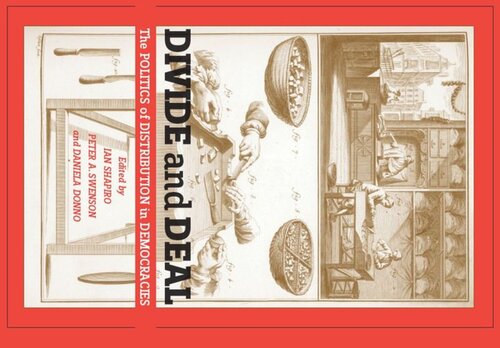

Most ebook files are in PDF format, so you can easily read them using various software such as Foxit Reader or directly on the Google Chrome browser.
Some ebook files are released by publishers in other formats such as .awz, .mobi, .epub, .fb2, etc. You may need to install specific software to read these formats on mobile/PC, such as Calibre.
Please read the tutorial at this link: https://ebookbell.com/faq
We offer FREE conversion to the popular formats you request; however, this may take some time. Therefore, right after payment, please email us, and we will try to provide the service as quickly as possible.
For some exceptional file formats or broken links (if any), please refrain from opening any disputes. Instead, email us first, and we will try to assist within a maximum of 6 hours.
EbookBell Team

4.4
42 reviewsWhy are democracies so unequal? Despite the widespread expectation that democracy, via expansion of the franchise, would lead to redistribution in favor of the masses, in reality majorities regularly lose out in democracies. Taking a broad view of inequality as encompassing the distribution of wealth, risk, status, and well-being, this volume explores how institutions, individuals, and coalitions contribute to the often surprising twists and turns of distributive politics.
The contributors hail from a range of disciplines and employ an array of methodologies to illuminate the central questions of democratic distributive politics: What explains the variety of welfare state systems, and what are their prospects for survival and change? How do religious beliefs influence people’s demand for redistribution? When does redistributive politics reflect public opinion? How can different and seemingly opposed groups successfully coalesce to push through policy changes that produce new winners and losers?
The authors identify a variety of psychological and institutional factors that influence distributive outcomes. Taken together, the chapters highlight a common theme: politics matters. In seeking to understand the often puzzling contours of distribution and redistribution, we cannot ignore the processes of competition, bargaining, building, and destroying the political alliances that serve as bridges between individual preferences, institutions, and policy outcomes.